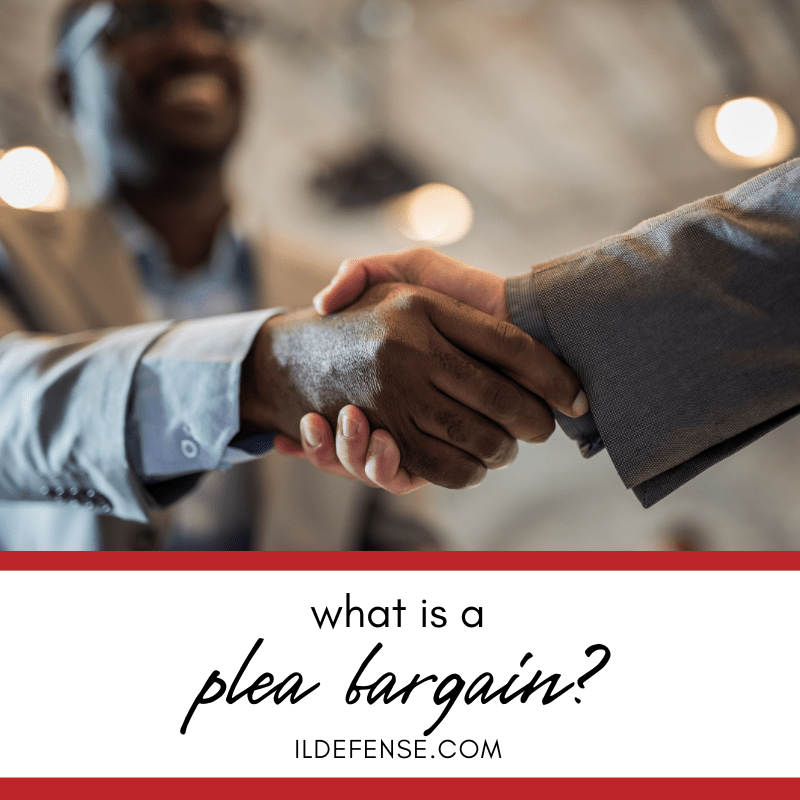
Understanding what a plea bargain is and how it works can be crucial if you’re facing criminal charges. Knowing the benefits and potential drawbacks can help you make informed decisions about your case.
What is a Plea Bargain?
A plea bargain is an agreement between the defendant and the prosecutor, where the defendant agrees to plead guilty to a lesser charge or to one of several charges in exchange for a lighter sentence or other concessions. This guide explains the following:
- The basics of plea bargaining
- Types of plea bargains
- Benefits of plea bargains
- The plea bargaining process
- Frequently asked questions
Here’s a closer look at each.
The Basics of Plea Bargaining
A plea bargain involves negotiations between the defense attorney and the prosecutor. The goal is to reach an agreement that benefits both parties. For the defendant, this often means pleading guilty to a lesser charge or receiving a reduced sentence. For the prosecution, it ensures a conviction and saves the time and resources required for a trial. Judges typically review and approve plea bargains to ensure they are fair and in the interest of justice.
Related: Criminal defense information
Types of Plea Bargains
There are three main types of plea bargains:
- Charge Bargaining: The defendant pleads guilty to a lesser charge than the original one.
- Sentence Bargaining: The defendant pleads guilty in exchange for a lighter sentence.
- Fact Bargaining: The defendant pleads guilty but agrees to certain facts that can limit the sentence or charges.
Each type of plea bargain offers different advantages depending on the specifics of the case.
Related: Can a lawyer help you if you violate the conditions of your bond?
Benefits of Plea Bargains
Plea bargains offer several benefits:
- Reduced Sentences: Defendants often receive lighter sentences than they might if found guilty at trial.
- Certainty: Plea bargains provide a clear outcome, avoiding the uncertainty of a trial.
- Time and Cost Savings: Both the defense and prosecution save time and resources by avoiding a lengthy trial.
- Less Public Exposure: Pleading guilty can result in less media attention and public scrutiny than a trial might generate.
These benefits make plea bargains an attractive option for many defendants.
The Plea Bargaining Process
The plea bargaining process involves several steps:
- Initiation: Either the defense or the prosecution can initiate plea negotiations.
- Negotiation: The defense attorney and prosecutor discuss potential agreements. This may involve several rounds of offers and counteroffers.
- Agreement: Once both parties agree on the terms, the plea bargain is put into writing.
- Court Approval: The judge reviews the plea bargain to ensure it is fair and just. The judge then decides whether to accept the agreement.
- Plea Entry: If the judge approves, the defendant formally pleads guilty according to the terms of the plea bargain.
Your lawyer will guide you through each step, ensuring your rights are protected and advising you on the best course of action.
FAQ About Plea Bargains
Check out these commonly asked questions about plea bargains. If you don’t see your question here, please call our office and we’ll find you the answers you need.
Can I Reject a Plea Bargain Offer?
Yes, you have the right to reject a plea bargain offer. If you reject the offer, your case will proceed to trial. Your lawyer will help you understand the potential risks and benefits of going to trial versus accepting a plea bargain.
Related: Illinois compiled statutes
What Happens if I Accept a Plea Bargain?
If you accept a plea bargain, you will plead guilty to the agreed-upon charge in court. The judge will review and approve the plea bargain before formally sentencing you according to the terms of the agreement.
Can a Plea Bargain Be Changed After It’s Accepted?
Generally, once a plea bargain is accepted by the court, it is final. However, under certain circumstances, such as new evidence or procedural errors, it might be possible to withdraw a plea or modify the agreement. Consult your lawyer to explore your options.
Do I Have to Plead Guilty to Accept a Plea Bargain?
Yes, accepting a plea bargain typically involves pleading guilty to a charge. The specifics of the charge depend on the terms of the agreement. Pleading guilty is a condition of receiving the benefits outlined in the plea bargain.
Related: How the appeal process works in Illinois
How Common Are Plea Bargains in Criminal Cases?
Plea bargains are very common in criminal cases. In fact, the majority of criminal cases are resolved through plea bargains rather than trials. This helps manage the caseload of the courts and allows for quicker resolutions.
Do You Need to Talk to an Attorney?
If you’ve been accused of a crime, we may be able to help you – and don’t worry: It’s completely confidential. Call us at 847-920-4540 or fill out the form below to schedule your free, private consultation with an experienced and skilled Chicago criminal defense attorney now.
Contact Us
"*" indicates required fields








